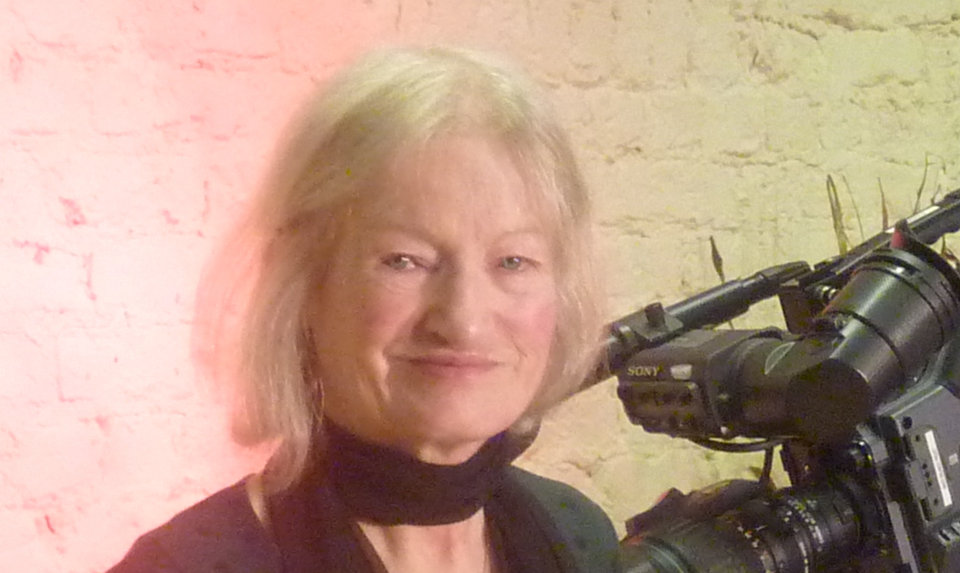Marie Breen-Smyth, Associated Dean International at the University of Surrey talks to Jennifer McNern about her experiences of the violence of The Troubles.
Jennifer was injured on March 4th, 1972, during a shopping trip to find her sister’s dream wedding dress. Jennifer and sister stopped at the Abercorn restaurant for a coffee. It was crowded and the bomb explosion was to claim the lives of two young women and injure 130 people. Many of the injuries included the loss of limbs and eyes. The Provisional IRA was blamed, although no organisation ever claimed responsibility.
“The last thing I remember was just getting up to go and I can’t remember anything after that. I remember a week or so later waking up at the Royal Victoria Hospital and over a couple of days I found out my injuries, that I had lost both legs. My sister was in intensive care and she had lost both legs and an arm.”
“I lifted up the blankets just to have a sleep and as I lifted the blanket I realised my right leg was missing. That’s not to say that the staff hadn’t told me what had happened to me, it is just that I kept forgetting. I remember screaming.”
Jennifer was 21 years old with her whole life ahead of her, “At the beginning it’s shock I think sets in. You don’t really realise the implications of what it is. I remember just lying in my bed just thinking how am I going to get around?”
In an attempt to keep up morale in the family, Jennifer kept a brave face. “I remember my mummy used to come in to visit and I always had a smile on my face, always had my make up on. It may sound ridiculous but it was a certain normality that I felt. I always had to be on good form when my mother appeared.”
It wasn’t until almost a month after the accident that Jennifer found out about the extent of her sister’s injuries. Looking at a photograph of her and her sister in the newspaper, Jennifer read the accompanying article and found out the details of the explosion. Jennifer and her family’s emotions and feelings about her and her sister’s injuries were never openly discussed.
“We eventually went home after going through the rehabilitation process and it was never talked about. It was as if you talked about it everything would break down. You couldn’t be seen to be upset, it’s not that you couldn’t be, you just didn’t do it.”
Jennifer had been a sociable and outgoing person, after the injury her friends and family ensured that the Jennifer they knew still existed by keeping her active and outgoing. “Whether I wanted to go out or not I really didn’t have a choice I was lifted and brought out to the local pub for a drink or whatever and that was in 1972-73. So very quickly I was brought out into the public again. That was very difficult for me, for many years.”
In the early 1970s, society wasn’t aware of the needs of disabled people as it is today. Trips to the pub or city centre proved to be problematic.
Jennifer had also just completed a degree in Catering Management and had begun the first steps of her career before the tragedy took place. She was told that she would never work again but, in spite of all obstacles placed in front of her, she went to University where she graduated and then completed postgraduate study in Criminology and Criminal Justice.
Being resigned to a wheelchair, Jennifer felt that her identity, as an individual and human being, changed. “I was very much aware that I was different and I found that difficult.”
At the age of 32 Jennifer fell pregnant. “I absolutely loved being pregnant and having a daughter was absolutely amazing.”
“Disability and motherhood go well.”
On the services provided for individuals who have had similar trauma and life changing injuries, Jennifer would like to see an improvement in emotional support. “A few years ago when I ran into difficulties emotionally there weren’t any services for people like me. I would very much like to see services in place, GP’s, social workers, people like that. So that if people do run into difficulties much later in life that there’s awareness. I am also aware of people’s financial difficulties that they’ve run into as well and this must be addressed. I think it’s only right that they should be looked after.”
This interview was supported by the WAVE Trauma Centre, University of Surrey and the Community Relations Council.




